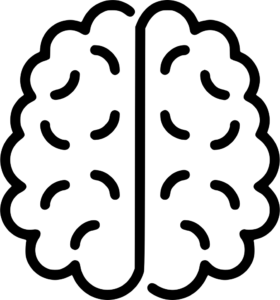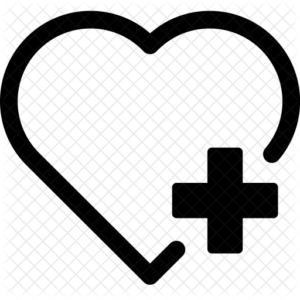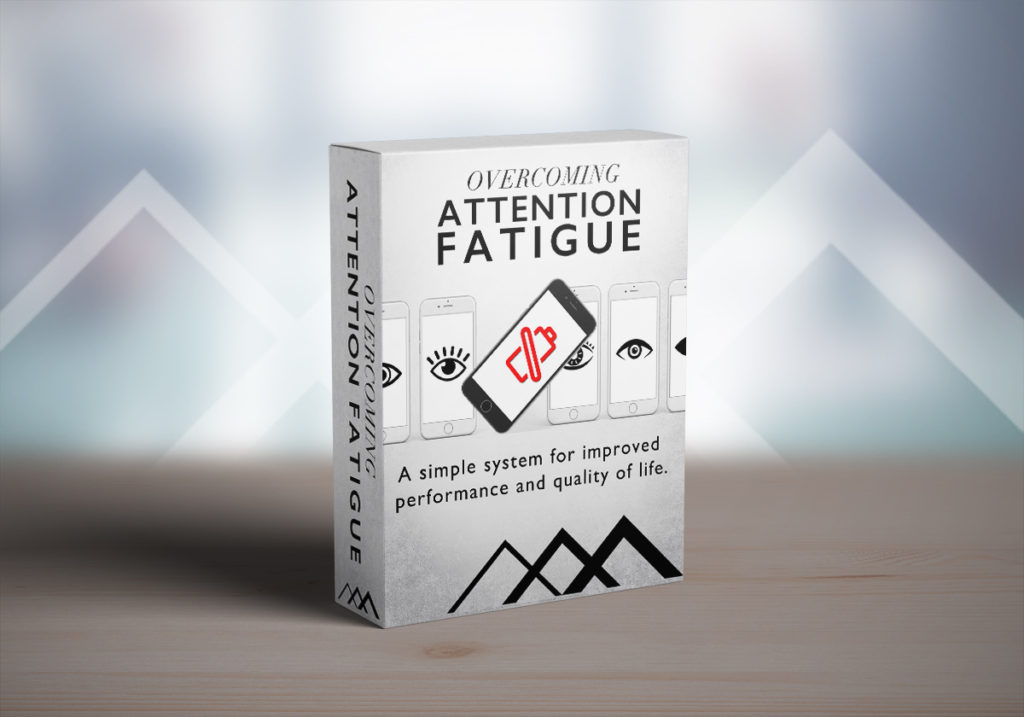Mind
Body
social
How to Cope with the Fear and Anxiety Caused by the Coronavirus Pandemic
Fear and anxiety related to the coronavirus (Covid-19) has spiked in recent weeks. The effects of this stress on the mind and body can range from mild symptoms like headaches and tight muscles to more serious issues like hypertension, cardiac problems, impulsive behavior, and poor judgment. It is as imperative that everyone has simple and easy to follow strategies for managing the toll that the pandemic can take on our minds. Additionally, it is widely accepted that stressful life events can cause an underlying mental illness to blossom, which is further reason to develop coping strategies.
One of the best ways to begin getting a handle on fear and anxiety is to identify the root of the concerns. When faced with a new frightening crisis, knowledge really does become power. Below is a list of some specific areas in your life that may be causing you to worry in relation to the pandemic:
Medical
- Are you or someone you care about infected with coronavirus/Covid-19
- How do you or someone in your community get tested?
- What will things be like at the hospital if you do need medical attention?
- Fear of becoming infected by going to the MD or hospital for a non-coronavirus related medical issue.
- Anxiety about having problems related to immigration if you seek medical treatment.
Resource
- Will you be able to work and earn an income?
- How will you make ends meet without your regular income?
- Do you have adequate stores of food and critical medication?
- Who will help you if you cannot get to the store or seek medical care?
- Will there be anyone to watch your children while you work?
- Do you have the right information about the coronavirus/Covid-19?
- Will people try to steal your resources if they know you have prepared for the pandemic?
Social
- Will isolation from quarantine or social distancing cause you significant distress?
- Are you allowed to interact with others in person at all? Can you open the door if a neighbor comes by for help?
- How to manage the new feelings of paranoia about others at the store, gas station or elsewhere in the community?
- Will others judge you for wearing gloves or masks?
- What is the best way to tell other people that you are taking social distancing seriously, when it is clear that are not?
- Can you limit the excessive amount of anxiety producing information about death and infection rates?
According to the University of Minnesota chronic fear can have serious health consequences in the following domains:
Physical Health
- Weakened immune system
- Cardiovascular damage
- Gastrointestinal problems
- Decreased fertility
- Accelerated aging
Memory
- Impairment in the formation of long-term memories
- Damage to the hippocampus (memory creation center of the brain)
- Too many distressing memories due to the constant creation these memories during chronic fear
Brain Processing and Reactivity
- Trouble regulating emotions
- Too quick to react
- Decreased ability to act ethically
- Inability to make decisions
Mental Health
- Fatigue
- Clinical Depression
- PTSD
- Anxiety Disorders
So, what to do about all of this? Jump on-line and you will quickly be bombarded by endless advice. One person says to meditate, one says eat this spice or that food, one says to sleep, one might even say to just keep your chin up. As I am a clinician and no stranger to the many negative psychological affects of the coronavirus/Covid-19 outbreak, I feel it is my duty to put together the resources that I use and believe in. When I am counseling couples, individuals, or coaching co-founders, 90% of the techniques I recommend for optimal performance, leadership, relationships, and life/professional satisfaction are all techniques that I have used in my own life. In fact, one of the mindfulness and breathing techniques I mention below I developed in order to manage my own acute stress. It has been wonderful to see so many people benefiting from it in their lives.
Techniques that take time and often require you to sequester yourself like meditation and yoga have an incredible impact on overall stress reduction and reduced emotional distress. Unfortunately, during the current moment where we are fighting the coronavirus, fear and anxiety can come on quickly and without notice. Those are the very moments we need to utilize targeted practices to reduce distress. Otherwise the aforementioned issues like irrational or impulsive reactions can take over. I think it’s important to have a few go to tools for managing the overwhelm and stress caused by chronic fear. Too many options can lead to decision paralysis.
Here are 4 techniques for keeping coronavirus fears under control:
- Breathing
- We have been using our breath to calm the nervous system, alleviate stress, and increase sense of well-being for millennia. It is something we all know how to do and we already have the necessary equipment. I find the simple technique of making your exhales longer than your inhales to be very effective. You will find this method recommended in numerous apps and self-help books. I like to use the pattern of 2-1-5-1-repeat. Take big natural inhale in for the count of 2 seconds. Don’t force the breath or strain to fill your lungs to max capacity. Next hold the breath for 1 second. Then exhale slowly for 5 seconds. Take a 1 second pause at the end of your exhale. Now repeat. Remember to breath as naturally and unforced as possible. After several repetitions your body will begin to calm and after several more you will notice that your mind will begin to calm also.
- Legs on the Wall Pose
- This time honored yoga pose has an incredible way of removing all thought from the process of calming you down and relieving stress. The process simply involves laying on your back with your butt against wall and your legs (together) going straight up the wall. This pose can be done for as long as you like, yet I find that considerable relief can be achieved in 5 minutes. You will likely find that around 2.5 minutes your body will relax as the blood in your legs and lymph system begin to move towards your torso. This process kicks in the parasympathetic nervous system to deliver powerful relaxation.
- The 3×3 Method
- If you only have 30 seconds to find relief from racing thoughts, distraction, and overwhelm then this method is for you. As mentioned earlier, I developed this combination of mindfulness and breath work to alleviate overwhelming stress in my own life. The best way to learn the 3×3 Method is by watching my brief 8 minute TEDx talk, which is linked below. I will never forget walking off the stage and having multiple people come up and thank me for giving them something so simple and effective. Talk about a fulfilling moment, wow!
- Learn the 3×3 Method on the TED site here.
- Physical Activation
- Stress hormones build up in our bodies– they give some people aches and pains, some people muscle tension, and other people become lethargic, amongst other symptoms. In order to relieve some of that physical distress, you will need to move your body. This may be a brisk walk, stretching, tightening and releasing muscle groups (arms, legs, etc.), or even doing more intensive activities like push-ups or jumping jacks. When we were evolving thousands of years ago in vast grasslands, we would use our stress response to run for safety, chase game animals for food, or even burn it off moving around gathering water etc. Today, we tend to be sedentary which creates a viscous cycle of stress build up in our bodies.
It’s not important which methods you use to manage anxiety and fear related to the coronavirus/Covid-19, however, it is very important that you do something. The negative effects on your quality of life caused by psychological overwhelm are many. You cannot be the supportive presence your friends, family, or community need you to be if you are sidelined by fear and anxiety. I hope you find the techniques outlined above as helpful as I do.
References
Journal of Steroid Biochemistry and Molecular Biology 2016 Jun;160:169-74.
Stress-induced mechanisms in mental illness: A role for glucocorticoid signalling.
Cattaneo A1, Riva MA2.
Journal of Behavioral Medicine, Vol. 21, No. 6, 1998
Effects of Mindfulness Based Stress Reduction on Medical and Premedical Students – Shapiro S
University of Minnesota, 2020
https://www.takingcharge.csh.umn.edu/impact-fear-and-anxiety
Stanford University, 2017
https://med.stanford.edu/news/all-news/2017/03/study-discovers-how-slow-breathing-induces-tranquility.html
Yoga Journal, 2017
https://www.yogajournal.com/poses/legs-up-the-wall-pose
Harvard University, 2019
https://www.health.harvard.edu/blog/mindfulness-meditation-may-ease-anxiety-mental-stress-201401086967




